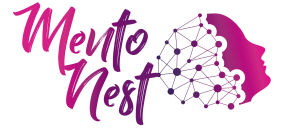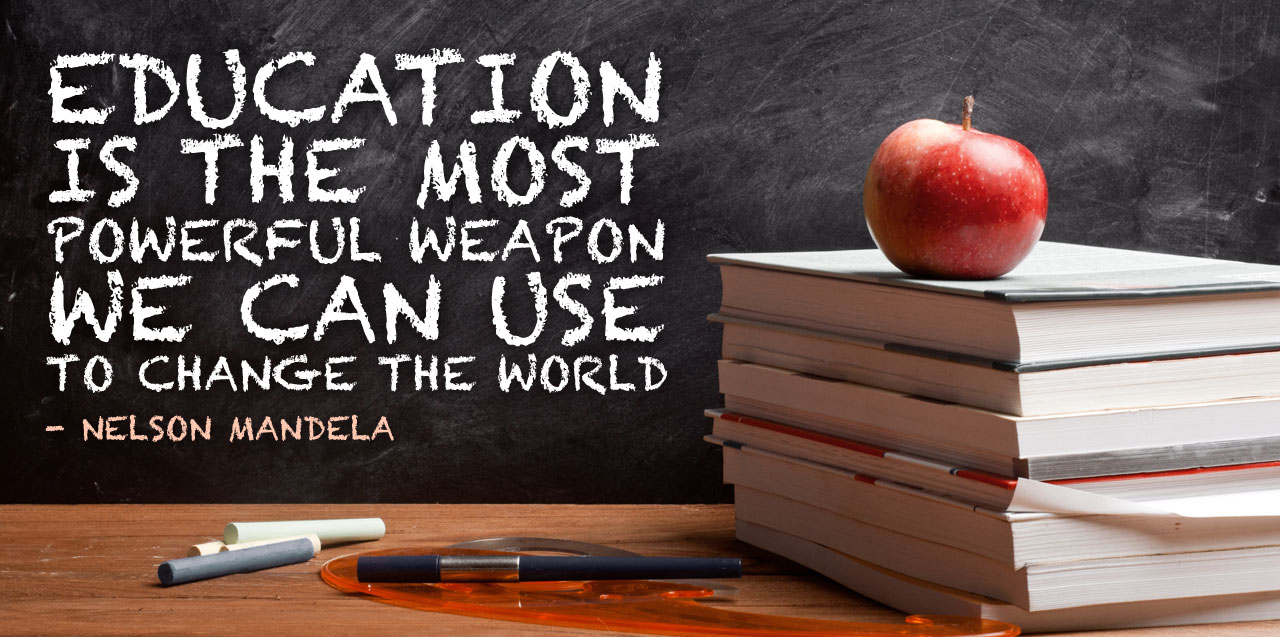In today’s world, education stands as the cornerstone of progress and development. Yet, despite its undeniable importance, accessibility to quality education remains a challenge for many. This issue disproportionately affects marginalized communities, including people with dis abilities, those living in poverty, and rural populations. However, as we strive for a more inclusive and sustainable society, ensuring accessible education for all emerges as a crucial step forward.
abilities, those living in poverty, and rural populations. However, as we strive for a more inclusive and sustainable society, ensuring accessible education for all emerges as a crucial step forward.
Understanding Accessible Education
Accessible education encompasses the removal of barriers to learning, ensuring that every individual has equal opportunities to acquire knowledge and skills. It involves addressing physical, financial, technological, and cultural barriers that hinder learning. This approach not only benefits individuals with disabilities but also fosters diversity, equity, and inclusivity within educational systems.
The Impact of Accessible Education
- Empowering Individuals: Accessible education empowers individuals to reach their full potential, irrespective of their background or abilities. By providing tailored support and accommodations, it enables students to engage actively in learning and participate fully in society.
- Fostering Inclusive Communities: When educational environments are accessible, they foster a sense of belonging and inclusivity. Students from diverse backgrounds feel valued and respected, contributing to the creation of vibrant and cohesive communities.
- Driving Innovation: Inclusive education encourages innovation by embracing diverse perspectives and experiences. When individuals with disabilities are included in educational settings, they bring unique insights that can inspire creative solutions to complex challenges.
- Promoting Sustainable Development: Accessible education plays a pivotal role in promoting sustainable development by equipping individuals with the knowledge and skills needed to address pressing global issues, such as climate change, poverty, and inequality.

Strategies for Enhancing Accessibility in Education
- Universal Design for Learning (UDL): Implementing UDL principles involves designing educational materials and environments that are accessible to all learners from the outset. By providing multiple means of representation, expression, and engagement, UDL ensures that diverse learning needs are accommodated.
- Technology Integration: Leveraging technology can significantly enhance accessibility in education. From screen readers and speech recognition software to online learning platforms, technology offers innovative solutions for delivering personalized learning experiences and removing barriers to access.
- Teacher Training and Professional Development: Equipping educators with the knowledge and skills to support diverse learners is essential for creating inclusive classrooms. Training programs should focus on understanding the needs of students with disabilities, implementing inclusive teaching practices, and utilizing assistive technologies effectively.
- Collaboration and Partnership: Building partnerships between educational institutions, government agencies, civil society organizations, and the private sector is critical for advancing accessible education initiatives. Collaborative efforts can mobilize resources, share best practices, and advocate for policy changes that promote inclusivity and accessibility.
Conclusion: Towards a More Inclusive Future
Accessible education is not merely a moral imperative; it is a fundamental human right and a catalyst for sustainable development. By embracing the principles of inclusivity and equity, we can create educational systems that empower individuals, foster inclusive communities, drive innovation, and contribute to a more sustainable future for all.
As we navigate the complexities of the 21st century, let us recognize that true progress lies in our collective commitment to ensuring that every individual has the opportunity to learn, grow, and thrive, regardless of their circumstances. Accessible education is not just a way forward; it is the only way forward towards a more equitable, just, and sustainable world.
Written by
Gnanaraj Sadacharam

